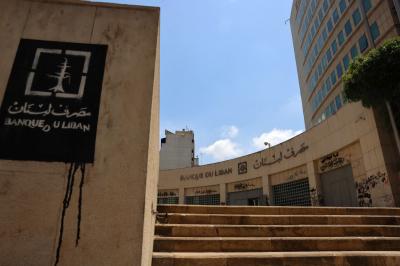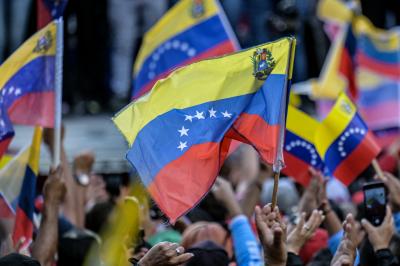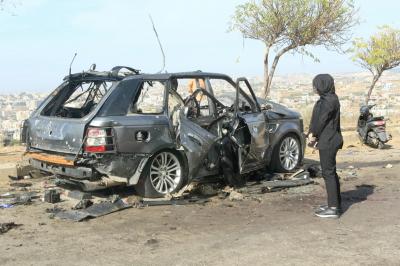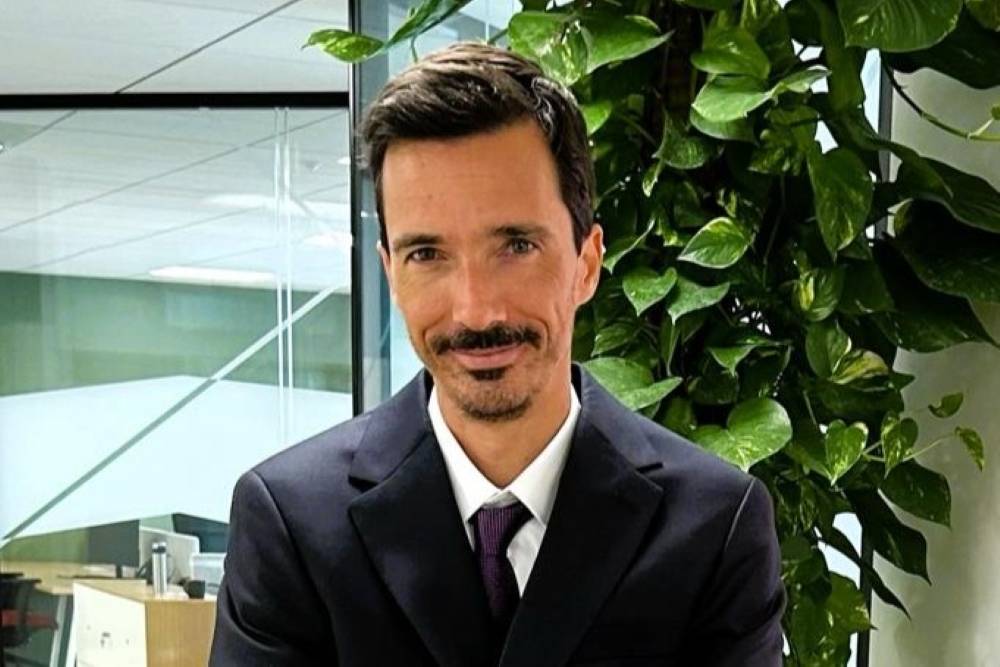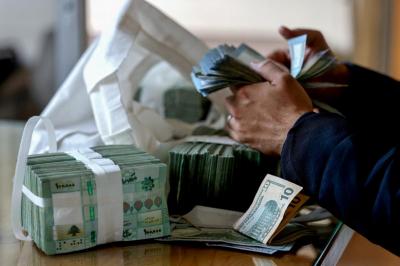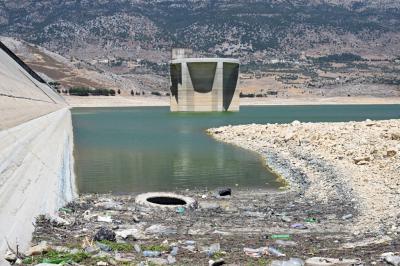First Setbacks for Javier Milei, Elected President of Argentina Two Months Ago.** The judiciary is blocking some of his liberal reforms. The Argentine Left is trying to mobilize the streets against Milei.
The privatization of public companies such as the airline Aerolineas Argentinas or the oil company YPF is on the agenda. Public companies will all be transformed into corporations in preparation for privatization… What do you think of this decision from an economic standpoint?
A state can privatize a public company to improve its economic performance and governance, reduce public debt, encourage competition, and foster innovation. When the conditions are right, privatization can be a great success. The new Argentine president, Javier Milei, plans to sell dozens of public or semi-public companies, most of which are operating at a loss, including YPF, Aerolineas Argentinas, the railway networks, public media companies, and the water and sanitation company AySA. These companies will not be sold carelessly or at any price. For example, Milei has stated that he will need a two-year transition to privatize YPF - which has been "massacred" by the markets (selling it at current prices would be akin to giving it away). YPF urgently needs new investments to modernize its infrastructure and extraction systems, implement its plans to exploit shale hydrocarbon reserves, and continue developing its pipeline projects and liquefied natural gas exports. Milei wants to make YPF his version of Saudi Aramco, which was nationalized in 1980 by Saudi Arabia.
Javier Milei also announces a "modernization of labor law," the amendment of the company law to allow football clubs to become corporations! Generally, the Argentine head of state wants to implement a long series of deregulations in all sectors. Can this shock therapy get the Argentine economy out of its rut?
The word you use, "therapy," perfectly suits Argentina; a country with high potential but seriously ill due to a toxic technocratic regime – a mix of fascism, statism, and socialism – that has caused catastrophic damage to its economic and social health in the long term. Its tumor is its debt. Its cancer is its inflation. Its cough is its corruption. A shock therapy is necessary to cure all these ills. The hardest part may be over, as it is difficult to be in a worse state after such agony. The only possible treatment seems to be a strong dose of freedom (its increase is always a good thing) so that the Argentine people can take control of their destiny. Now in power, Javier Milei wants massive deregulation of the economy, in all sectors, and to repeal more than 300 regulations. The task is complex, but the Milei government seems determined (hence the symbol of the chainsaw during his presidential victory).
Javier Milei's party, La Libertad Avanza, is in the minority in both the lower house and the senate... As a result, his desires for ultra-liberal reform will clash with the reality of national representation in Argentina.
Yes, Milei's party is in the minority in the Chamber of Deputies and the Senate (about 26%). The nationalization of certain companies like YPF is far from guaranteed because two-thirds of Congress is required to validate it (a majority is no longer sufficient since Cristina Fernández de Kirchner's 2012 law on nationalizations). As for the central bank, there is no doubt it will resist. However, there are numerous interests at stake in both the public and private sectors, and Milei seems to have the support of global powers. The game of alliances could be favorable to him in some cases. These alliances will be crucial for the Milei government to carry out its reforms.
"With 120% inflation and a colossal debt, can the dollarization of the Argentine economy be positive as a credibility shock and also as a stability anchor?
Inflation is unsustainable. The Peronist policy of maximum interventionism, notably the '21st-century socialism' through the tenures of Cristina Fernández de Kirchner and Alberto Fernández, has destroyed Argentina. Over time, the state has increased public spending faster than tax revenues and inflation (in Argentina, for example, public employment exceeds private employment in 57% of the provinces). It has financed itself by continually printing more pesos, leading to more inflation and poverty (40% of the population currently lives below the poverty line). This monetary madness has funded uncontrolled political spending, and the Argentine state can no longer use the debt market (having defaulted several times and lost trust, evidenced by the world's highest interest rates). Since the election of Albert Fernandez in 2019, the Argentine peso has lost 90% of its value against the dollar. This is logical, given the exponential growth of the central bank's balance sheet. Fiscal and monetary irresponsibility has left the central bank without reserves. And it has devalued the Argentine peso to its destruction. The real demand for pesos has become nil, both locally and globally, as investors and citizens know the government will continue to print money indefinitely.
In my opinion, the solution of dedollarizing the Argentine economy to end this vicious cycle is not a good idea. Eliminating the central bank is a good idea because monetary printing has always been problem number one in Argentina (entrusting it to a computer that increases the monetary base by 3%, as Milton Friedman advocated, would be ideal). Yes, dollarization can generate credibility, bring stability, and stop inflation through monetary printing. This is a solution that countries like Ecuador, Panama, and El Salvador have implemented. However, dollarizing the economy could break the country's export capacity and lead to deflation. Abandoning a crazy monetary policy for another unmanageable one would also be a mistake. The debate may be elsewhere, because in fact, Argentina has already dollarized. Citizens have fled the peso (one of the worst currencies in the world) for refuge in the dollar. This is one of the major reasons why Javier Milei was elected. He did not take long to temporarily abandon this electoral promise of dollarizing the economy. Due to a lack of reserves in the central bank, the project has been postponed to at least 2025. In one of Milei's recent speeches, the phrase 'there is no more money' echoed Margaret Thatcher's famous line, 'Socialism stops when there is no more money to steal'."
Argentina has enormous natural resources and a well-trained, abundant human capital. Can we imagine a return to prosperity for this country?
At the beginning of the 20th century, Argentina was one of the most prosperous economies in the world. In 1945, Argentina had the second-best standard of living in the world. If the Argentinians of that time had been told the state their beautiful country would be in today, they wouldn't have believed it. Without resorting to caricature, Argentina shares characteristics with its football: passion, character, and creativity. It is a major agricultural player (soy, wheat, corn) and is globally recognized for its quality wine and meat. Argentina also has significant reserves of oil and shale gas, gold, and lithium. Its landscapes are beautiful. The country has played a key role in the development of higher education and research in Latin America. The level of education in Argentina is higher than the regional average, and its population is young. The potential is undeniable. As Javier Milei says: he is "not there to guide the lambs but to awaken the lions." One should always be wary of politicians' promises, but apparently, Milei wants to be the Argentine Thatcher. This quirky character has interesting ideas (others, more dubious, will undoubtedly please the World Economic Forum...). Today perceived as a 'crazy executioner' with the appearance of a retired bar rockstar impersonator, Milei wants to be recognized in history for putting Argentina back on the beautiful tracks of the past. Two questions arise. 1) Will he have the time to implement his reforms? 2) Will he follow through on his convictions or betray his voters as some have done in Greece or Italy? The electoral promises of dollarization and the elimination of the central bank are on pause, and those close to him who helped him win the elections with these two measures have been thanked. In any case, from France's point of view, it would be very unfortunate to follow the same path taken by Argentina, which seems to be 30 years ahead. Some think we are heading straight there.
(*) Senior financial markets analyst at XTB France"
Please post your comments on:
[email protected]
 Politics
Politics


